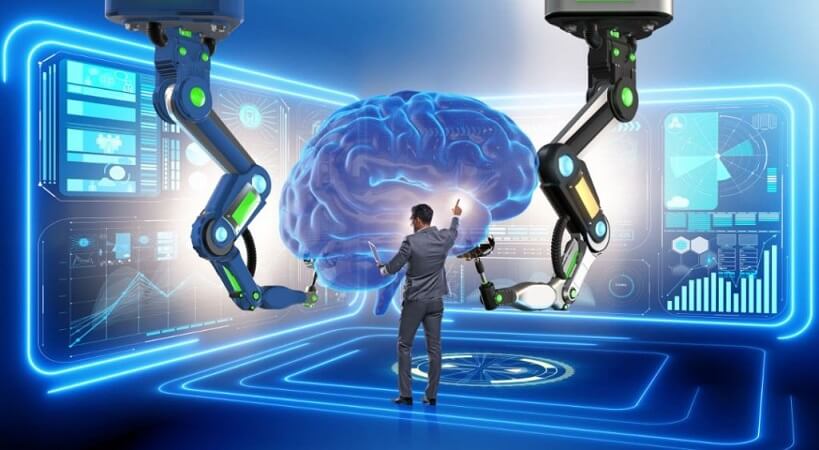Technologies are revolutionizing all industries, from commerce and banking, to manufacturing and science. Disruptive innovations such as the Internet of Things (IoT), Machine Learning, virtual reality, mobility, artificial intelligence (AI), etc., take advantage of the cloud, high availability (which is already a “must” today) and automation, to take business, transactions and interactions to another level. Something similar occurs on a personal level, with the difference that sometimes we are not aware of how innovations streamline and facilitate our lives.
If you have a smartphone, PC, tablet or some other gadget; If you use Spotify, Netflix, Google, YouTube, or any other social network, when you go to the supermarket and even if you have had any legal or health problem, AI – and other disruptive technologies – has been an increasingly vital part of your experience. .
This will only advance. As the use of internet-connected devices increases and cloud technologies and algorithms are perfected, AI is getting more and more ready to revolutionize our lives. Here are some examples of how it is doing it, or will do it in the short term:
When we use mobile apps, the artificial intelligence and algorithms of Machine Learning allow these services to take into account our preferences for music, food delivery and series, movies, etc. our most frequent destinations; favorite restaurants, theaters and museums, as well as any recurring habits, to help us choose and make decisions as quickly and efficiently as possible. Oh, and of course, in every question for Siri, Alexa, or any other voice-based personal assistant, we are using AI.
In the hospital, our care is probably based on this technology in some way, or soon. In fact, of the different industries analyzed by SAS1, the health sector was the best ranked by clients, with 47% of responses in favor of using AI to assist in surgeries, and with 61% wishing that doctors take into account the data obtained on their wearables (such as Apple Watch or Fitbit), to recommend healthier lifestyles.
Along the way, apps like Waze or Google Maps to analyze traffic and have the best possible route take advantage of AI. This is also the technology behind autonomous vehicles, which refer not only to self-driving cars but to safer and more secure driving models.
optimized. And in the air, AI is responsible for creating electric planes (still in the works), which will help reduce CO2 emissions.
On vacation, chatbots (computer programs that are conversed with, and that operate through AI) are already an essential part of travel agencies, airlines, hotels and more, helping to answer questions and make reservations while creating profiles of tastes that They will be the basis for future commercial actions of companies in the tourism sector.
When we shop, more and more stores (both physical and e-commerce) are combining AI with IoT, robotics, and augmented and virtual reality (AR and VR), to provide their customers with a more personalized experience and streamline processes. Whoever prefers shopping from home can do it: Deloitte2 cites the example of Amazon Echo and Echo Dot, with which you only need to give a simple voice command to buy items, without even entering the Amazon online store, in addition to Walmart , The Home Depot, and other retailers have already partnered with Google so that we can eventually make voice-assisted purchases using Google Home.
Even the legal industry, historically among the furthest from digital transformation, has been slowly but surely adapting to this new trend. While many law firms still grapple with legacy infrastructures, there is a wave of firms that have already begun to redefine the practice in favor of their clients through automation and AI, increasing their data-driven intelligence by improving the speed and efficiency of document analysis. .
The fields in which artificial intelligence and other technologies favor us are endless: to identify ourselves through facial recognition; in the creation of better educational programs and directly in the classrooms, for a better use of the students; in real-time machine translation; for the defense of borders, etc. What’s better, they don’t threaten our opportunities in the workplace: the World Economic Forum3 mentions that, while machines and algorithms are expected to displace 75 million jobs worldwide, by 2022 technological innovations themselves will create 133 million new roles.
Data is the engine of all this accumulation of possibilities. According to Domo4, next year for each person on the planet, 1.7 MB of data will be generated per second. Can you imagine how transcendental it is to keep them available and safe? This is why a Cloud Data Management strategy is vital, because with it the different industries that use our data have total control of them, have smart and efficient backups, and above all they can exploit them to get the intelligence that require.
By Abelardo Lara, Country Manager of Veeam in Mexico
